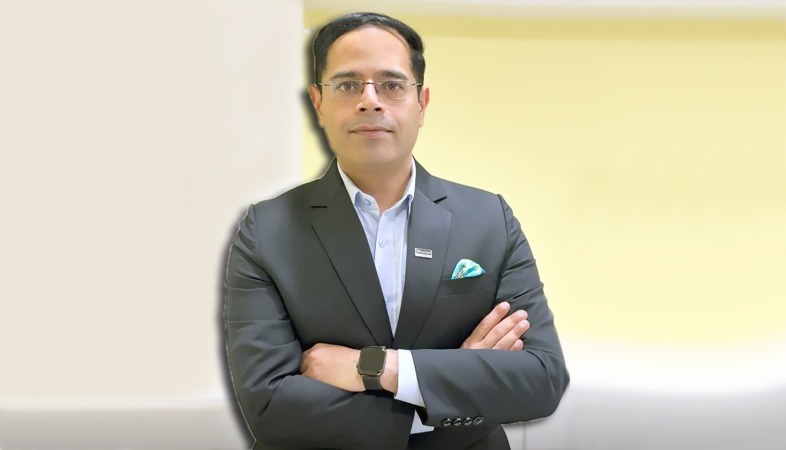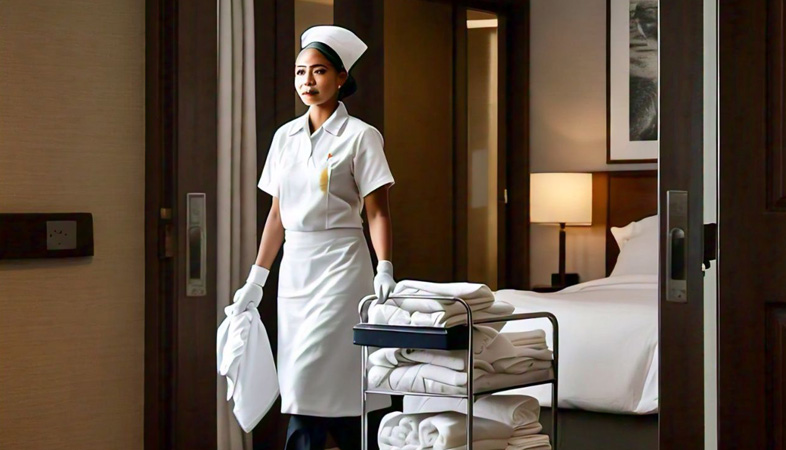Balancing Efficiency with Warmth: The Dual Role of Front Office Technology
The dual role of front office technology is to balance operational efficiency with the warmth of personal service.
Front office technology plays a pivotal role in modern
hospitality, transforming the guest experience through increased efficiency and
streamlined operations. However, the challenge for hoteliers is to balance this
technological advancement with the warmth and personal touch that define
exceptional service. The dual role of front office technology involves not only
enhancing operational efficiency but also maintaining the human elements that
foster a welcoming and memorable guest experience.
At its core, front office technology is designed to streamline processes, reduce manual tasks, and enhance operational efficiency. Systems such as Property Management Systems (PMS), online booking engines, and self-check-in kiosks are integral to this efficiency. A well-implemented PMS allows staff to manage reservations, check-ins, check-outs, and guest profiles seamlessly, reducing errors and saving time. Online booking engines provide guests with the convenience of making reservations from their devices, and self-check-in kiosks offer a quick and efficient way for guests to check in without waiting in line.
While these technologies are crucial for operational efficiency, they can sometimes create a sense of impersonal interaction if not balanced with human touchpoints. The challenge for hoteliers is to integrate technology in a way that complements rather than replaces personal service. This requires a thoughtful approach where technology supports but does not overshadow the human elements of hospitality.
One way to achieve this balance is by using technology to enhance, rather than replace, personal interactions. For instance, staff can use guest management systems to access detailed information about guests’ preferences and past stays, allowing them to provide personalized recommendations and services. This use of data not only improves efficiency but also enables staff to engage with guests in a more informed and personal manner. For example, if a guest has previously mentioned a preference for a particular room type or has dietary restrictions, this information can be used to tailor their experience during their current stay.
Technology can also facilitate more meaningful interactions by automating routine tasks and freeing up staff to focus on personalized service. When front office staff are relieved of time-consuming administrative tasks, they can dedicate more time to engaging with guests, addressing their needs, and creating memorable experiences. For example, if a self-check-in kiosk handles the check-in process, staff can be available to offer personalized greetings, answer questions, and provide local recommendations.
Incorporating technology in a way that enhances warmth and personal connection can also be achieved through thoughtful design and user experience. For example, integrating guest feedback systems into mobile apps allows guests to communicate their preferences and needs directly, making it easier for staff to address them promptly. Similarly, using digital concierge services to offer local insights and personalized recommendations can enrich the guest experience while maintaining a human touch.
Moreover, training staff to effectively use technology is crucial for maintaining a balance between efficiency and warmth. Staff should be adept at leveraging technology to streamline operations while also being skilled in interpersonal communication. Providing training that emphasizes both technical proficiency and emotional intelligence ensures that staff can use technology to enhance their interactions with guests rather than detract from them.
Another important aspect is ensuring that technology is accessible and user-friendly for all guests. Not all guests are equally comfortable with digital interfaces, so offering options for traditional service alongside technological solutions can cater to diverse preferences and needs. For example, while self-check-in kiosks provide efficiency, having staff available to assist guests who prefer a more personal check-in experience ensures that no guest feels overlooked.
The dual role of front office technology is to balance operational efficiency with the warmth of personal service. By using technology to streamline processes and enhance personalization, while ensuring that human interactions remain a central part of the guest experience, hoteliers can create a seamless and memorable stay. Thoughtful integration of technology, combined with staff training and a focus on user experience, allows hotels to harness the benefits of technological advancements while preserving the essential human touch that defines exceptional hospitality.
.png)























 at Hyatt Hotels Corporation.jpeg)





